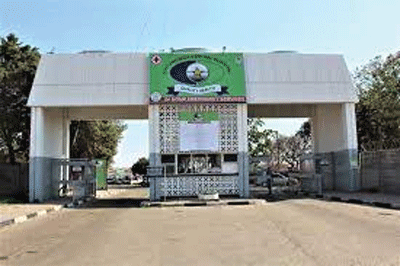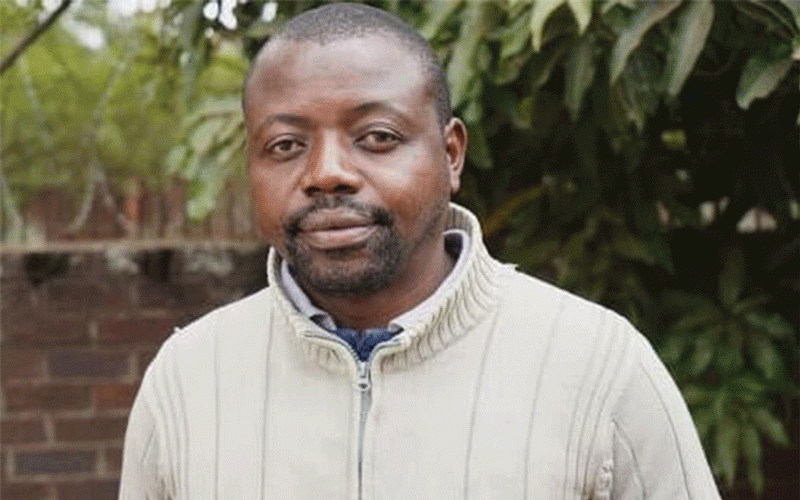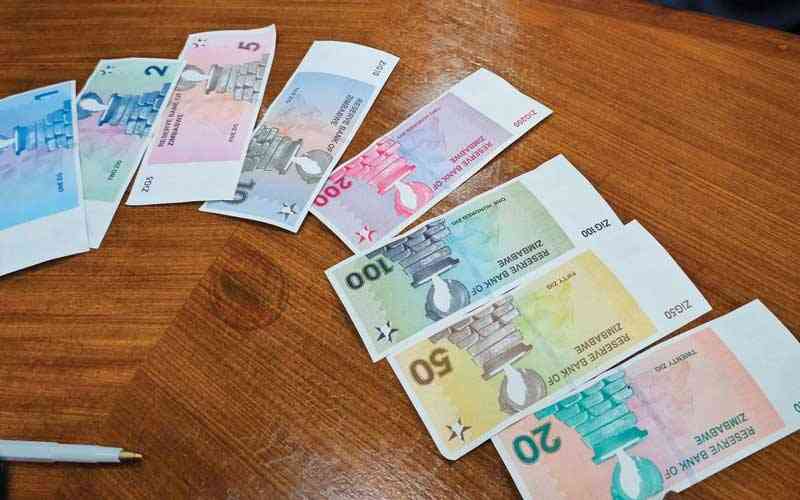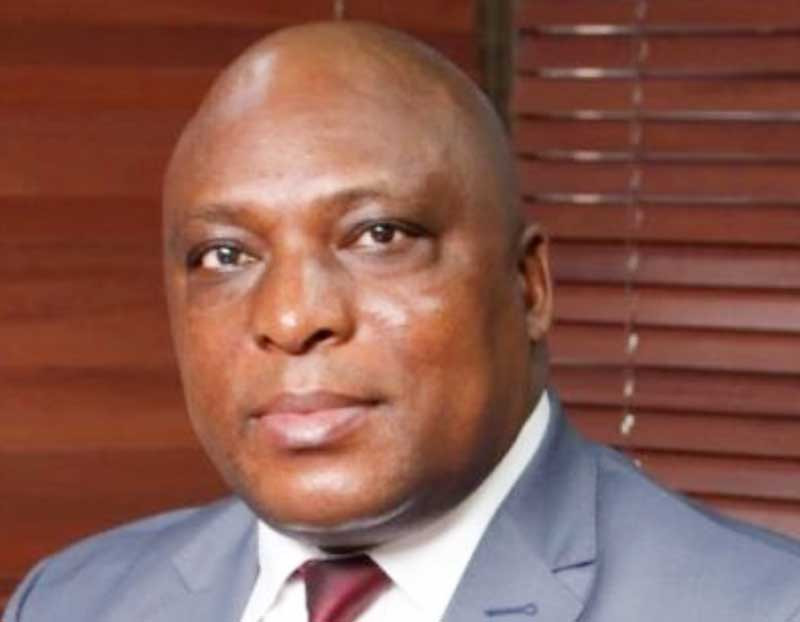
THAT the Sally Mugabe Renal Training Institute, housed at Chitungwiza Central Hospital (CCH) since 2011 when it was commissioned, is no more is very sad news indeed. This is more so when the centre had been earmarked for further development into a state-of-the-art kidney transplantation unit.
Reasons given for the institute’s downfall are that some of the eight dialysis machines were decommissioned and others moved to Parirenyatwa Group of Hospitals.
We feel the demise of this very critical service speaks volumes on how government treats the country’s health matters. The renal unit should never have been allowed if government had viewed it as a critical service to the country, especially given the fact that Zimbabwe records more than 1 000 cases of kidney failure every year of which less than 700 afford the lifesaving services, according to the Ministry of Health and Child Care (MoHCC).
“Kidney disease is a silent killer, which largely affects the quality of life . . . Dialysis is expensive in Zimbabwe . . . A patient requires three sessions per week,” says the MoHCC, which was enough reason for government to never let that facility collapse because it was the only one that was offering free dialysis to at least 16 people every day.
Given the dire state of the Zimbabwean economy, it is quite obvious that hundreds of people are succumbing to kidney failure because it is currently costing an arm and leg to access dialysis services at private hospitals where they are charging anything above US$250 per session. This means that a patient needs US$1 000 to complete the dialysis, which means that hundreds are now being condemned to death.
The issue of the defunct Sally Mugabe Renal Unit is one glaring case of how it will be very difficult, if not impossible, for President Emmerson Mnangagwa’s Second Republic to accomplish its pledge to “leave no one and no place behind.”
Given this development, it clearly means that a very significant section of the Zimbabwean society is being left to face death because they cannont access dialysis services, which were allowed to collapse.
And if President Mnangagwa was to be told today that dialysis costs are now condemning many to premature death, it would not be surprising if he answered: “I don’t know whether it was cheap or expensive,” as he did last week when he responded to deafening outcries over the shocking prices of basic goods and essential services.
- Chamisa under fire over US$120K donation
- Mavhunga puts DeMbare into Chibuku quarterfinals
- Pension funds bet on Cabora Bassa oilfields
- Councils defy govt fire tender directive
Keep Reading
If government has any heart and is committed to uplifting this nation into an upper middle-income society by 2030, it should be seen to be acting on these critical issues. By reneging or failing to simply maintain services that already exist makes us doubt its capacity to facilitate new developments that will elevate Zimbabwe’s growth status.
Government grossly failed nation Zimbabwe on the Sally Mugabe Renal Unit, it must make amends.











